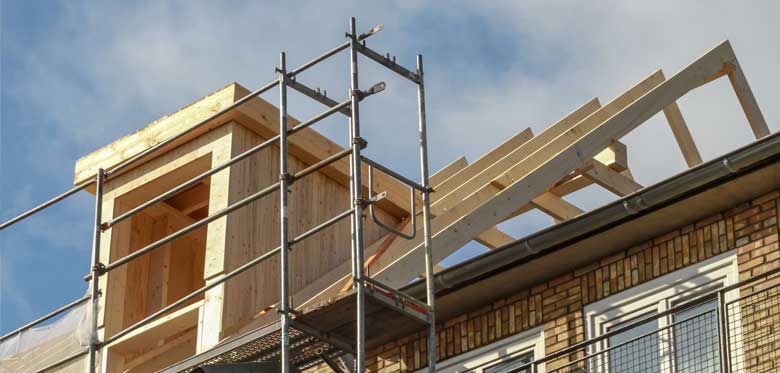If you have ever dreamed of making changes to your home – whether it’s expanding your property, building an extension or even an outhouse – you’ve likely encountered the process of securing planning permission. For many property owners, this is a simple and straightforward process; submitting an application to your local planning authority along with detailed plans and supporting documents. While it’s a relief to receive approval, it’s important to be aware of any restrictive covenants lying in your property’s deeds that could still stand in the way of your dreams.
Restrictive covenants are binding conditions, which may be attached to your property, that can impose limitations on the use and development of your property, such as building restrictions, land usage constraints or even preventing you from keeping pets. These restrictive covenants are often difficult to understand, and their wording can have legal implications outside of the ordinary meaning, which can lead to misunderstandings or disputes. It is crucial to fully understand the implications of any restrictive covenants within your property deeds before moving forward with any plans.
Now you may be asking yourself are restrictive covenants really this important to know before you make your plans. Imagine this – you have spent months planning the perfect outhouse to be used as your home office, you have worked with architects, submitted your plans and have received planning permission from your local council. You are just about to start building your dream office space when you realise an obstacle in your way: a restrictive covenant that prevents you from carrying out your dream plans. This may be a minor restriction on the type of structure you can build or a major ban that results in your plans being wasted.
Wasted plans are not the only consequence you may have to deal with, this process would be time consuming, costly and may also lead you into a lengthy and contentious neighbour dispute.
If you find yourself in a dispute with your neighbour regarding restrictive covenants or just need to fully understand the complex restrictive covenants attached to your property, then our dispute resolution specialists may be able to help. Call us today on 0161 696 6178.
By Kimberley Knapper, new business advisor



Comments